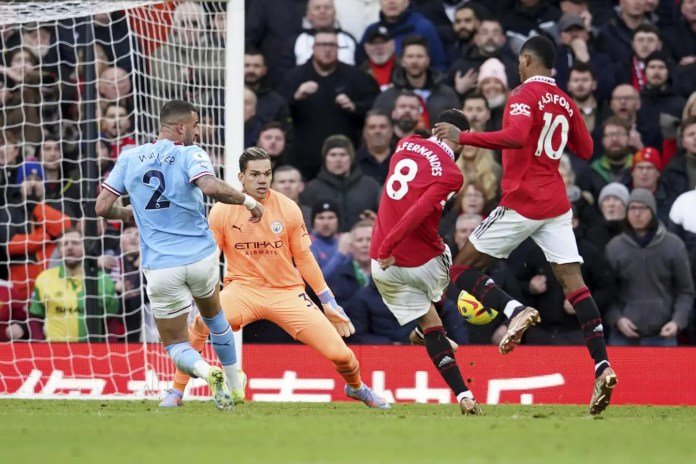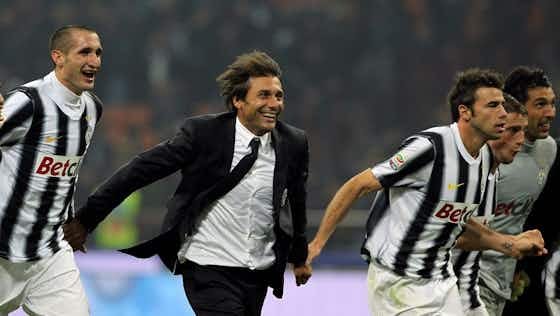How La Liga’s economic framework curbs spending while Premier League splashes billions
La Liga’s strict economic control framework, inspired by UEFA’s Financial Fair Play (FFP), has reshaped Spanish football over the past decade.
By forcing clubs to live within their means, it has eliminated the reckless spending that once plunged the league into financial crisis.
But while the model has restored stability, it has also exposed shortcomings, particularly when set against the Premier League’s transfer extravagance.
Read Also: Premier League shatters transfer record with over £3bn summer spend
This summer again underlined the gap. Premier League clubs spent more than £3 billion, while La Liga sides managed just over £591 million.
Within Spain, Real Madrid (£157m) and Atletico Madrid (£149m) accounted for the lion’s share, while Villarreal set a club record with Georges Mikautadze (£25.5m) and Real Betis secured Antony from Manchester United (£21m).
Beyond these headline moves, restraint was the rule: Sevilla cashed in £38m on sales to balance their squad, Getafe sacrificed star man Christantus Uche to stay compliant, and Barcelona ended the window with a £16m surplus.

A Framework Born from Crisis
When La Liga introduced its framework in 2013, Spanish football was in financial disarray: more than 20 clubs had entered bankruptcy, unpaid wages dominated the headlines, and tax debts had soared to over £595m. Inspired by UEFA’s FFP rules, La Liga enforced strict controls, allowing clubs to spend only what they earned, with revenues requiring proof before signings, and salary caps were applied.
The impact was profound. Chronic debt turned into profits, foreign investors returned, and clubs were restructured into stable enterprises. Governance improved, management became more professional, and transparency was strengthened. Even Barcelona, despite its global stature, were forced to sell assets and activate financial “levers” to comply.
Premier League’s Contrasting Approach
While Spain has embraced sustainability, the Premier League thrives on financial muscle. Record TV deals, global sponsorships, and billionaire owners fuel lavish spending. This guarantees top-tier talent and unrivalled global appeal but raises questions about whether England’s financial model can remain sustainable long term.
The contrast is clear: English clubs pursue short-term fireworks; Spanish clubs prioritise survival and stability. For La Liga, its transformation from financial chaos to discipline is arguably its greatest success of the past decade, even if it means losing ground in the transfer spectacle.

Shortcomings of the Model
Yet the framework is not without flaws. Its rigidity often leaves women’s teams and smaller sporting sections underfunded, as men’s squads take priority for compliance. Even Barcelona Femení, Europe’s dominant women’s side, began the season with just 17 registered players, while rivals abroad operated with greater freedom.
Competitive Resilience
Despite financial gaps, Spanish clubs remain formidable in Europe. Over the past decade, La Liga sides have reached 15 European finals, more than any other league. Real Madrid, Barcelona, Atletico, and Sevilla continue to deliver at the highest level, proving Spain’s competitive resilience.
Youth Development as a Safeguard
With spending limited, Spain leans on its academies. La Masia, Real Madrid’s Castilla, Atletico’s academy, and others at Villarreal, Real Sociedad, and Athletic Club keep producing elite talent. Players like Pedri, Lamine Yamal, Nico Williams, and Alex Baena embody this model — young stars who strengthen squads while serving as valuable assets.
La Liga’s Distinct Path
La Liga cannot and will not rival the Premier League financially. Instead, its focus is on sustainability, governance, and player development. England dominates the market with money; Spain sustains competitiveness with structure and discipline.
For La Liga, the future lies not in imitation, but in consolidating a model where stability and sporting excellence outweigh short-term financial fireworks.
Head of Sports at BusinessDay Media, a seasoned Digital Content Producer, and FIFA/CAF Accredited Journalist with over a decade of sports reporting.Has a deep understanding of the Nigerian and global sports landscape and skills in delivering comprehensive and insightful sports content.








